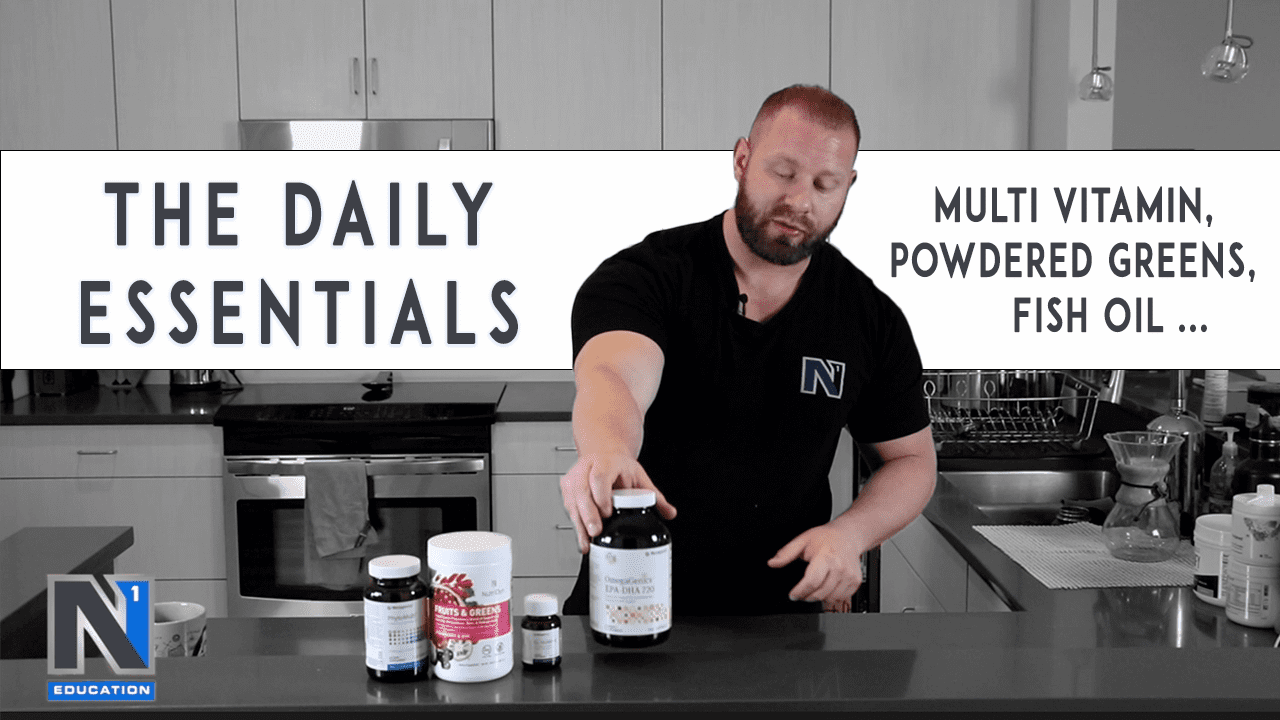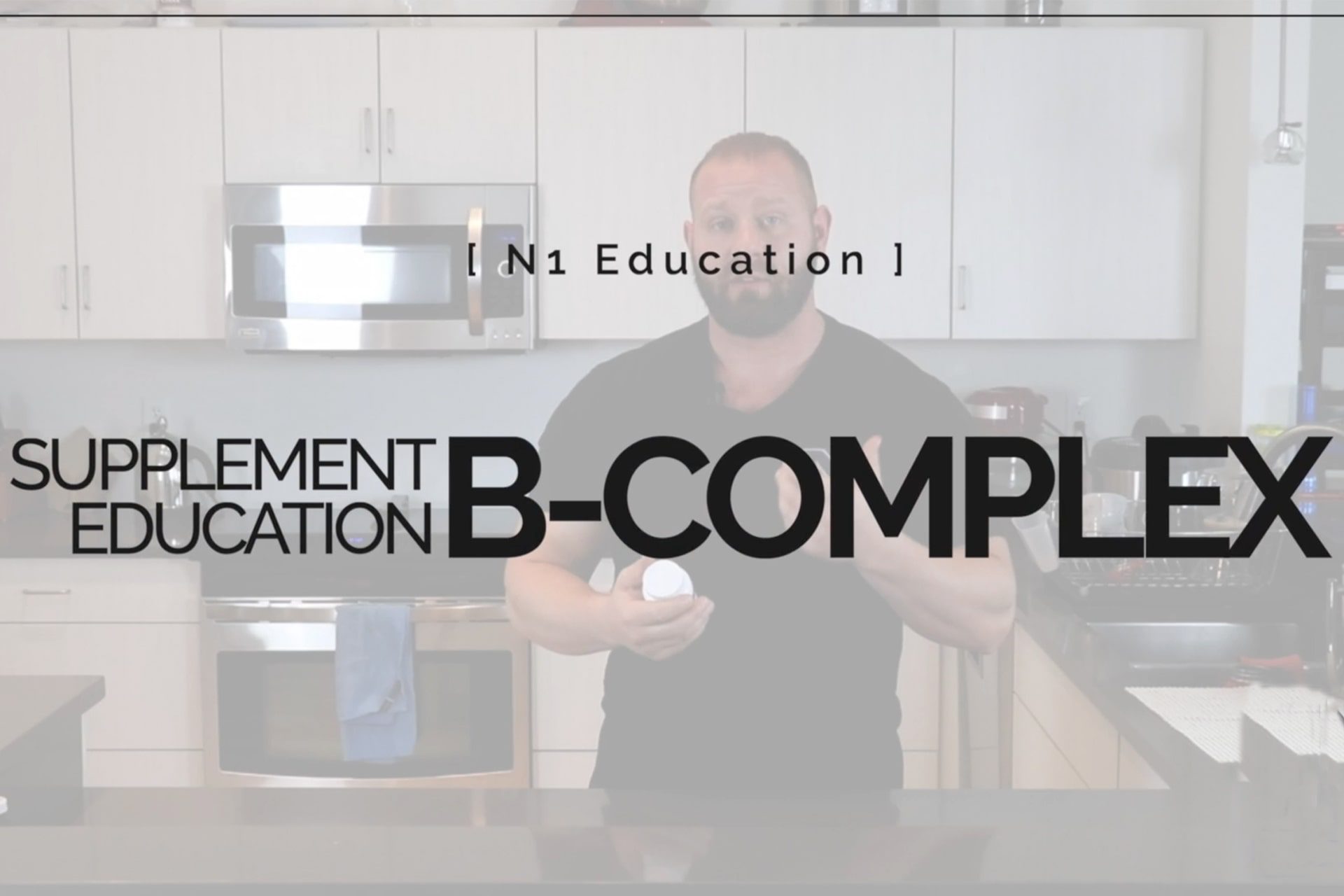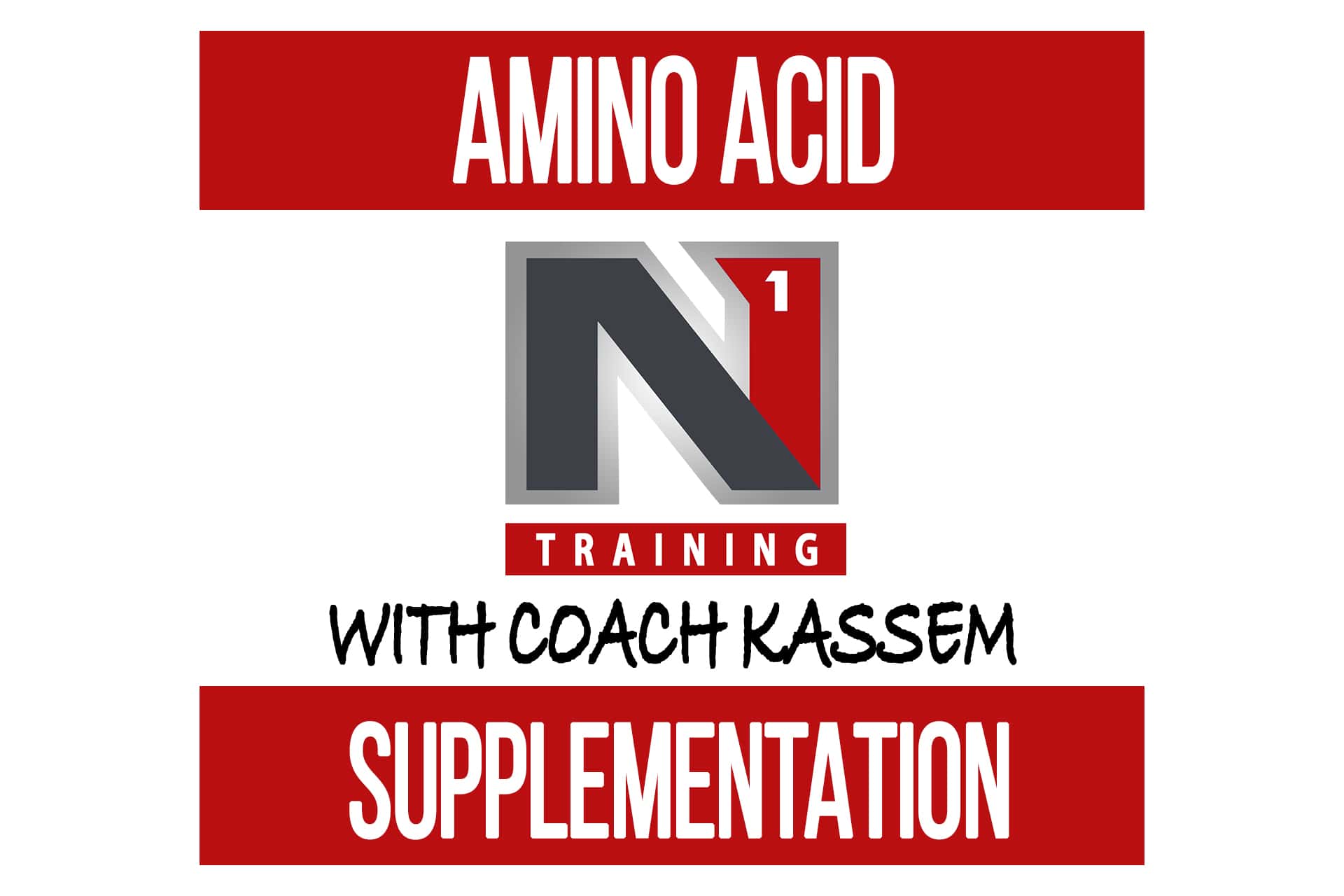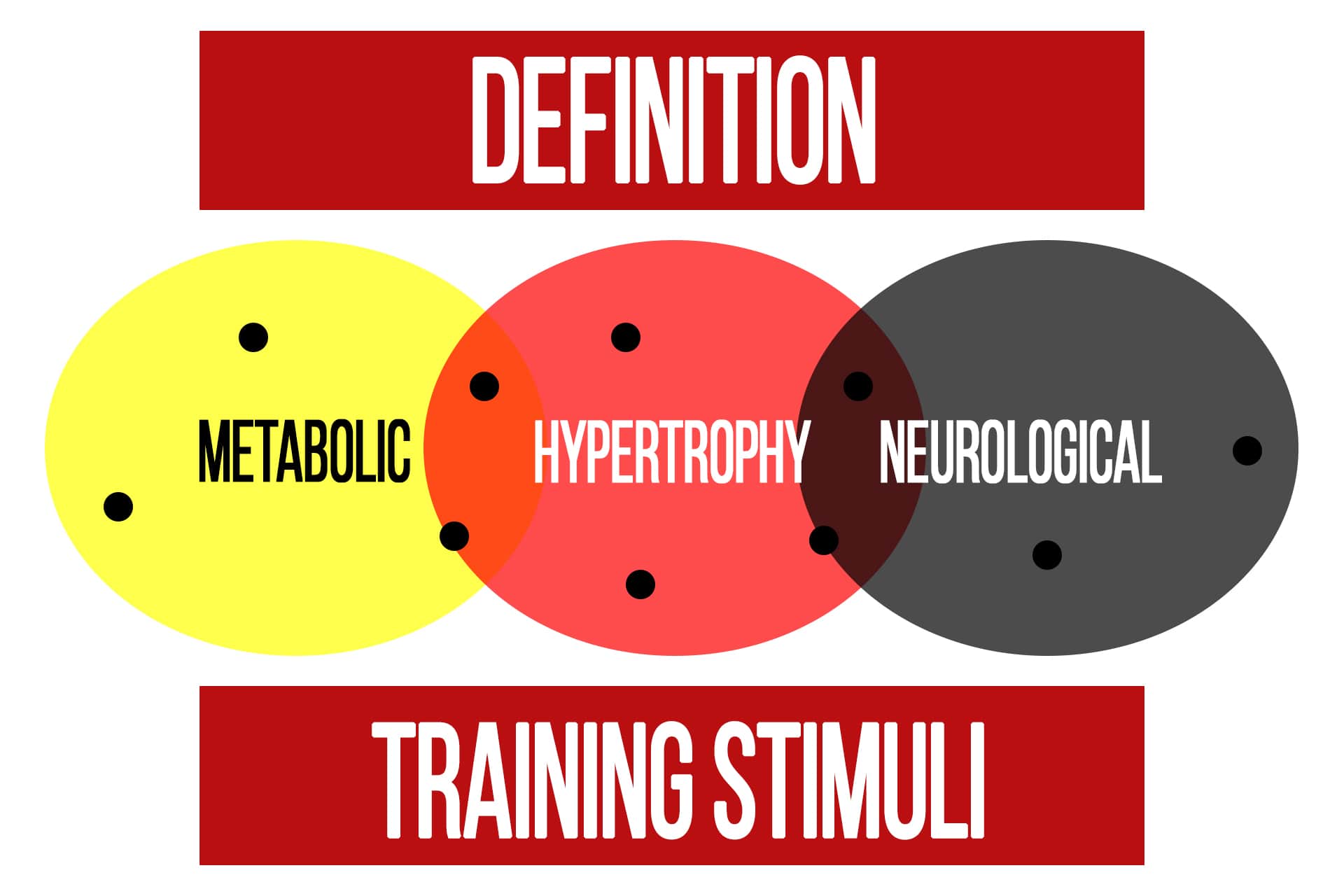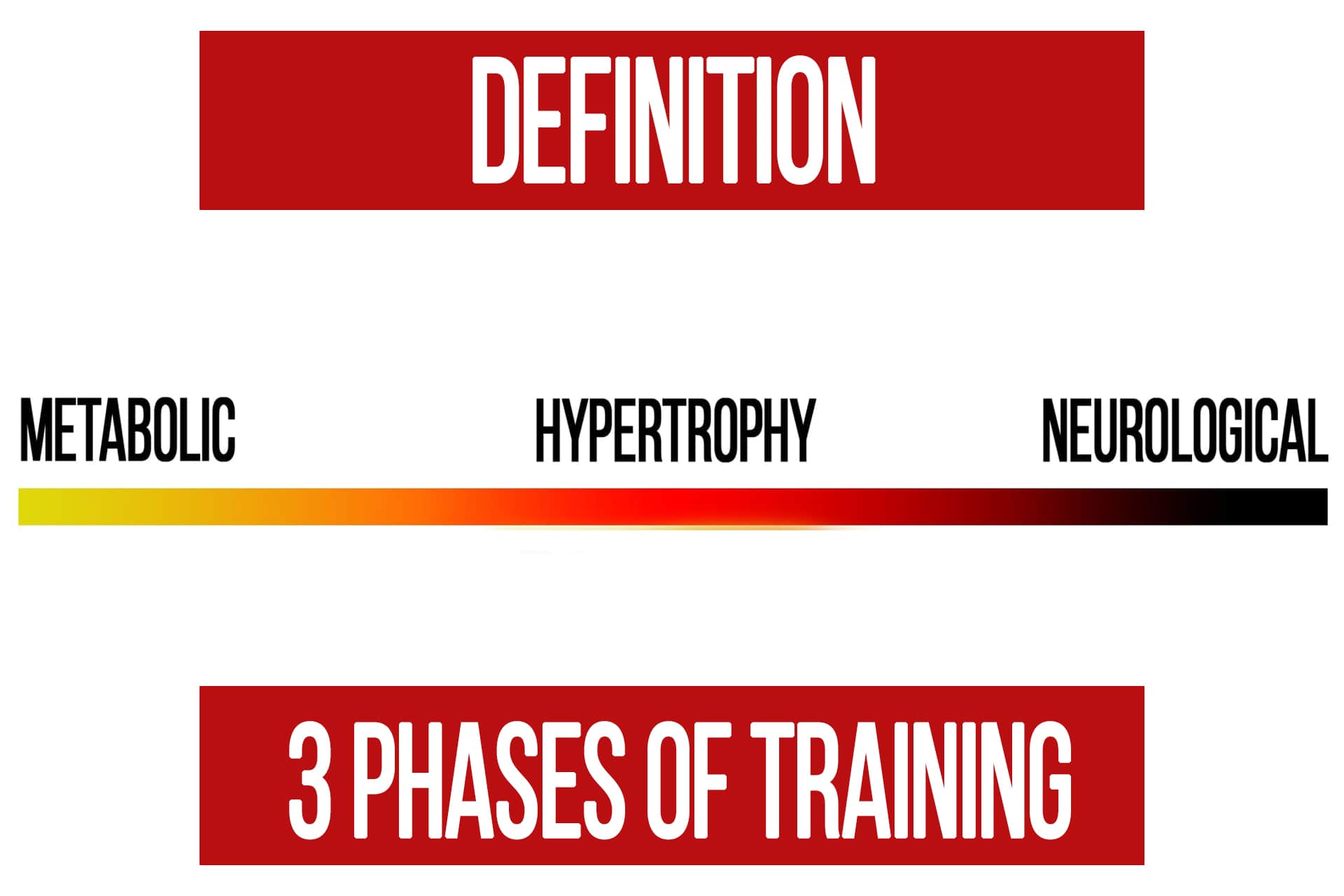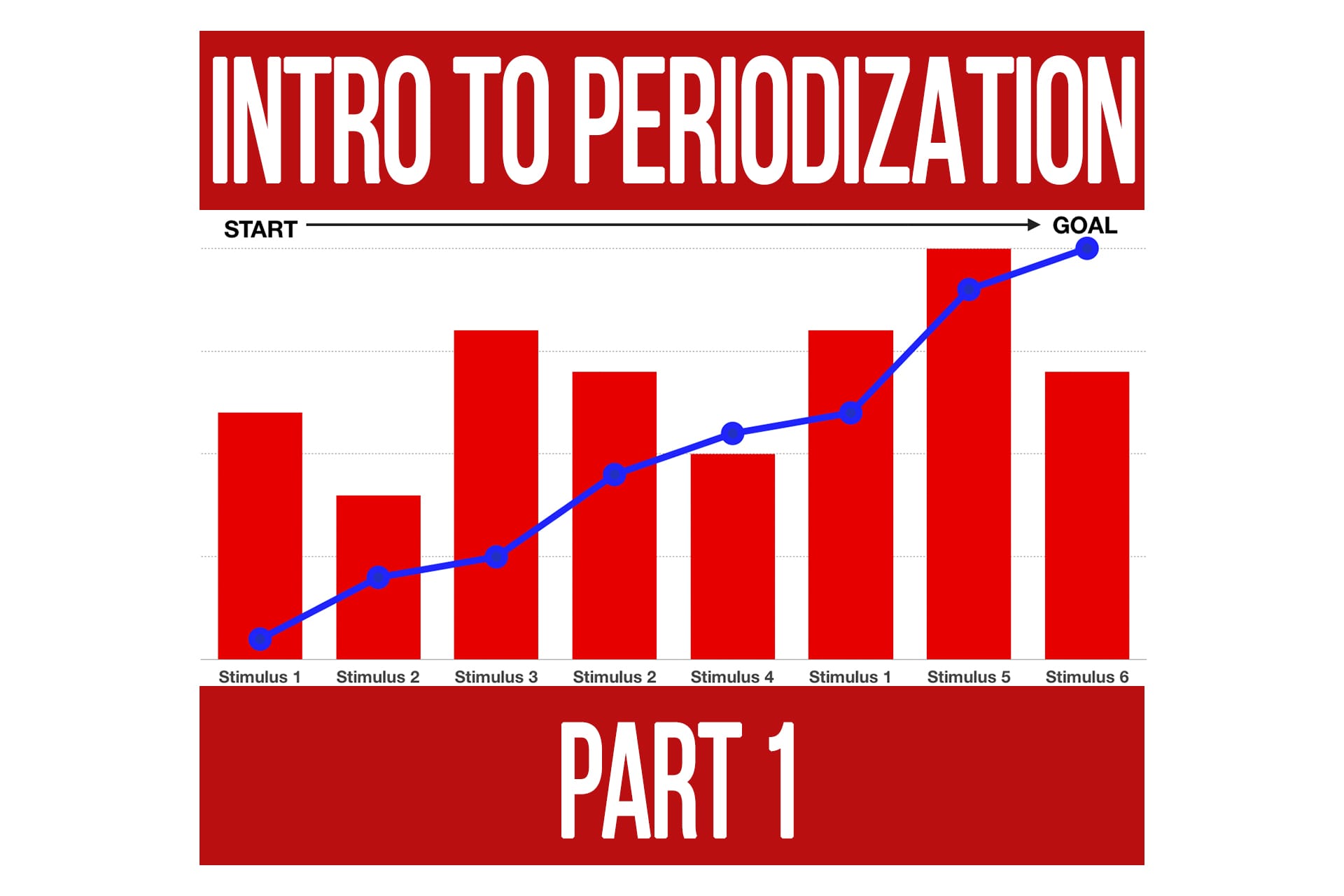DNA Testing: How Much Should It Influence Your Program?
n1 training
How much can we learn from DNA testing that actually has a meaningful impact on how we train or live our lives as healthfully as possible?
Should the results from a DNA dictate your training and nutrition habits?
Well that is exactly what we’re going to cover as we dive into what these tests can actually tell you.
How Do DNA Tests Work?
First, some background on how these tests work.
When the lab examines your DNA they are looking at SNPs (pronounced “snips), which stands for single nucleotide polymorphism. The name isn’t important, but it’s important to understand that this is a pair of two genes called “alleles”.
It is the combination of alleles in a SNP that determines your genetic expression of a particular trait.
However, many things are not solely determined by a single SNP (pair of alleles).
For example, there are several SNPs that affect muscle hypertrophy. Having one “less than favorable” SNP may not outweigh the others that may give you a greater propensity for putting on muscle tissue, or vice versa.
We have to look at the whole screen to see the image, not just a pixel (there’s a digital age analogy for you).
How These Tests Can Be Helpful
In my opinion, the most helpful SNPs are the ones that have to do with nutrient metabolism; absorption, conversion, breakdown, excretion, etc.
These can give you indications of things you may need to supplement with due to lack of absorption or certain pathways that might require more support.
One example is the MTHFR gene, which affects folate metabolism. Having the allele pair AA indicates normal metabolism of folate. Those with the AC or CC pairs have a decreased ability to convert folate to its active form which can then be used in various processes in the body. This means that those with AC or CC may benefit from using supplementation of activated folate (B9), such as methylfolate, for better absorption.
This is the most common use I find for DNA testing if clients want to have it done. Look for where some additional support may be needed to avoid nutrient deficiencies that could affect health and recovery.
As mentioned above though, in many cases a single SNP may not mean much on it’s own so it’s important to be able to look at them in context of other SNPs. FitnessGenes does a decent job of giving some relative interpretations of the information for individual SNPs, but you still have to compare the related ones together on your own to see the bigger picture.
My favorite one so far is the PureGenomics software, but it requires that you have a healthcare professional set up the account for you to input your data from 23andMe or Ancestry.com.
DNA Testing Can Be Misleading When It Comes To Training
Some DNA testing companies offer or include training recommendations based on your genes.
It’s not as valuable as you might think (or as they’d like you to believe).
Here’s why…
The body has a tremendous ability to adapt. That is what it is designed to do, and the entire reason we train in the first place. If we couldn’t adapt to the stimuli created by our training, there would be no point.
While your genes may give you a predisposition to certain characteristics (better lactate clearance or higher percentage of fast-twitch muscle fibers) does not mean that you should only train one way all the time.
I’m pretty sure you already knew that though 😉
If someone doesn’t have the best genes for endurance work or mitochondrial energy does that mean they should only do low rep strength training? Of course not!
Because our bodies have the ability to adapt means that we can use our strengths but also improve areas that may not come “naturally” to us. You absolutely can improve aerobic capacity, mitochondrial efficiency, strength, muscle mass, and a number of other aspects of physical fitness by following the right plan.
Don’t limit your toolbox because your DNA doesn’t look like a gifted Olympic athlete.
Regardless of your genetics, you can improve yourself with time, effort, and a well designed plan. That is what we focus on here at N1. Making the best of the individual and fitting exercises, nutrition, and workouts to what they need to improve.
In Practice
If you’re not a coach and just want to get better at training yourself, this is where training journals and being aware of your body is critical. Choosing programs that challenge your weaknesses or improve limiting factors is all a part of periodizing your workouts.
Do you feel your conditioning is limiting recovery from hypertrophy training? Then maybe a systemic or local metabolic phase might be good to work into your program. Look for opportunities to improve your weak links. That is something anyone can do without a DNA test.
The longer you train and more you adapt, the less relevant training recommendations based solely on your DNA are going to be. You’re not exactly the same person (biologically) now that you were before you started working out. Train for who you are now and where you want to go, not where you began.
As a coach, I don’t even need to look at someone’s genes to be able to write effective programs and periodize appropriately for their goals. Simply knowing how to assess progress and track biomarkers (sleep, digestion, etc) can give you all the information you need to write great workouts to produce results.
The keys are trainability, program design, and periodization.
Three of the essential components of the Nutrition & Program Design Course.
Knowing how to create programs that improve specific characteristics and periodizing them to propel clients towards their goal is a skill that is not limited by their DNA. A good coach can always help you be better than where you are now, even if being the next Mr. Olympia is not in the genetic hand you were dealt, so to speak.
We know that our genetics play a major role in everything related to health. But how much can we learn from DNA tests that actually has a meaningful impact on how we train or live our lives as healthfully as possible?
Should the results from a DNA dictate your training and nutrition habits?
Well that is exactly what we’re going to cover as we dive into what these tests can actually tell you.
How Do DNA Tests Work?
First, some background on how these tests work.
When the lab examines your DNA they are looking at SNPs (pronounced “snips), which stands for single nucleotide polymorphism. The name isn’t important, but it’s important to understand that this is a pair of two genes called “alleles”.
It is the combination of alleles in a SNP that determines your genetic expression of a particular trait.
However, many things are not solely determined by a single SNP (pair of alleles).
For example, there are several SNPs that affect muscle hypertrophy. Having one “less than favorable” SNP may not outweigh the others that may give you a greater propensity for putting on muscle tissue, or vice versa.
We have to look at the whole screen to see the image, not just a pixel (there’s a digital age analogy for you).
How These Tests Can Be Helpful
In my opinion, the most helpful SNPs are the ones that have to do with nutrient metabolism; absorption, conversion, breakdown, excretion, etc.
These can give you indications of things you may need to supplement with due to lack of absorption or certain pathways that might require more support.
One example is the MTHFR gene, which affects folate metabolism. Having the allele pair AA indicates normal metabolism of folate. Those with the AC or CC pairs have a decreased ability to convert folate to its active form which can then be used in various processes in the body. This means that those with AC or CC may benefit from using supplementation of activated folate (B9), such as methylfolate, for better absorption.
This is the most common use I find for genetic testing if clients want to have it done. Look for where some additional support may be needed to avoid nutrient deficiencies that could affect health and recovery.
As mentioned above though, in many cases a single SNP may not mean much on it’s own so it’s important to be able to look at them in context of other SNPs. FitnessGenes does a decent job of giving some relative interpretations of the information for individual SNPs, but you still have to compare the related ones together on your own to see the bigger picture.
My favorite one so far is the PureGenomics software, but it requires that you have a healthcare professional set up the account for you to input your data from 23andMe or Ancestry.com.
Testing Can Be Misleading When It Comes To Training
Some DNA testing companies offer or include training recommendations based on your genes.
It’s not as valuable as you might think (or as they’d like you to believe).
Here’s why…
The body has a tremendous ability to adapt. That is what it is designed to do, and the entire reason we train in the first place. If we couldn’t adapt to the stimuli created by our training, there would be no point.
While your genes may give you a predisposition to certain characteristics (better lactate clearance or higher percentage of fast-twitch muscle fibers) does not mean that you should only train one way all the time.
I’m pretty sure you already knew that though 😉
If someone doesn’t have the best genes for endurance work or mitochondrial energy does that mean they should only do low rep strength training? Of course not!
Because our bodies have the ability to adapt means that we can use our strengths but also improve areas that may not come “naturally” to us. You absolutely can improve aerobic capacity, mitochondrial efficiency, strength, muscle mass, and a number of other aspects of physical fitness by following the right plan.
Don’t limit your toolbox because your DNA doesn’t look like a gifted Olympic athlete.
Regardless of your genetics, you can improve yourself with time, effort, and a well designed plan. That is what we focus on here at N1. Making the best of the individual and fitting exercises, nutrition, and workouts to what they need to improve.
In Practice
If you’re not a coach and just want to get better at training yourself, this is where training journals and being aware of your body is critical. Choosing programs that challenge your weaknesses or improve limiting factors is all a part of periodizing your workouts.
Do you feel your conditioning is limiting recovery from hypertrophy training? Then maybe a systemic or local metabolic phase might be good to work into your program. Look for opportunities to improve your weak links. That is something anyone can do without a DNA test.
The longer you train and more you adapt, the less relevant training recommendations based solely on your DNA are going to be. You’re not exactly the same person (biologically) now that you were before you started working out. Train for who you are now and where you want to go, not where you began.
As a coach, I don’t even need to look at someone’s genes to be able to write effective programs and periodize appropriately for their goals. Simply knowing how to assess progress and track biomarkers (sleep, digestion, etc) can give you all the information you need to write great workouts to produce results.
The keys are trainability, program design, and periodization.
Three of the essential components of the Nutrition & Program Design Course.
Knowing how to create programs that improve specific characteristics and periodizing them to propel clients towards their goal is a skill that is not limited by their DNA. A good coach can always help you be better than where you are now, even if being the next Mr. Olympia is not in the genetic hand you were dealt, so to speak.

Popular Pages
Learn & Train With Us
Add N1 Training to your Homescreen!

Please log in to access the menu.

